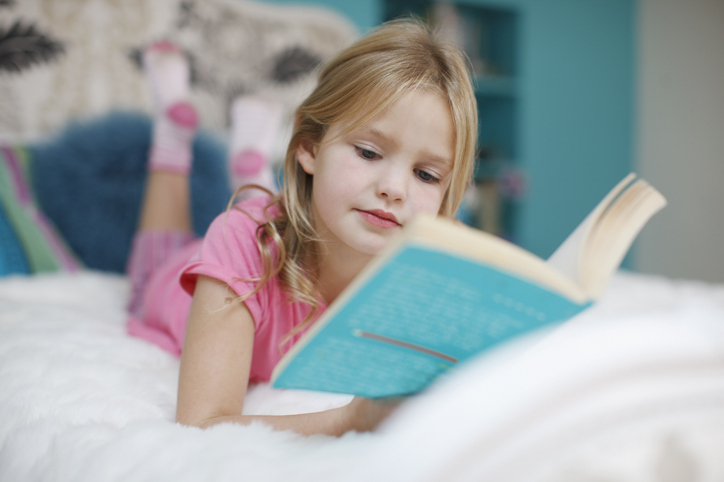
Books have broad vocabulary and diverse language structures that are important for developing the ability to understand content. “Long, continuous texts with diverse and colorful vocabulary improve the skill to understand the content of the text,” says associate professor Minna Torppa. With other researchers of education and psychology from the universities of Jyväskylä, Turku, and Eastern Finland, she participated in a large project that studied children’s free-time reading habits and their effects. The results were published in the international journal Child Development. The researchers monitored how the reading skills of 2,525 schoolchildren developed from the first grade to the ninth grade. Reading skills were assessed in school classrooms and the leisure reading reports from the youngest children were collected from parents, while pupils in higher grades also reported personally. The research subjects came from four large municipalities in different parts of Finland. Basic reading skills are practiced extensively in schools and fluency in the Finnish language is usually gained during the first two grades.
We know that children who read books are better readers on average. But does the difference result because they read more or is it that better readers tend to read more? “It is natural to think that you become a better reader by reading more. On the other hand, we know that dyslexia is hereditary and for some the development of reading skills is very slow,” Torppa says. In recent years, international studies have demonstrated that reading skills predict how much a person will read—but no reverse connection has been found. This is understandable especially in the early grades: when reading is still slow and laborious, it is difficult or even impossible to read a book. Earlier studies have been limited to the early phases of developing reading skills. However, this study focused on the connection between reading skills and how much people read using a more multifaceted method and a longer timespan than earlier studies have. “In addition to books, we also wanted to study other text types such as newspapers, magazines, and digital texts,” Torppa says. The results showed that both reading fluency and reading comprehension affected the amount of reading during the first four grades. Nevertheless, it was found that book reading predicts better reading comprehension. Be one’s skills strong or weak, the level improves by reading.
First graders who read literature in their free time understood texts better also in the later years. Anyway, if a child becomes enthusiastic about reading at any age, even as late as in secondary school, it will show in the following year as better reading comprehension.
Newspapers and magazines had no significant effect either, but more frequent reading of short digital texts such as messages or social media predicted poorer reading comprehension in grades 4–7 and vice versa.
Books were shown to be especially good practice for reading comprehension, because they are linguistically rich and have a diverse vocabulary. For example, one of the Harry Potter books contains more than 250,000 words. “Skills development leads to an increase in the amount of reading, but eventually book reading improves reading comprehension,” Minna Torppa concludes.
#readingcomprension #books #childdevelopment







